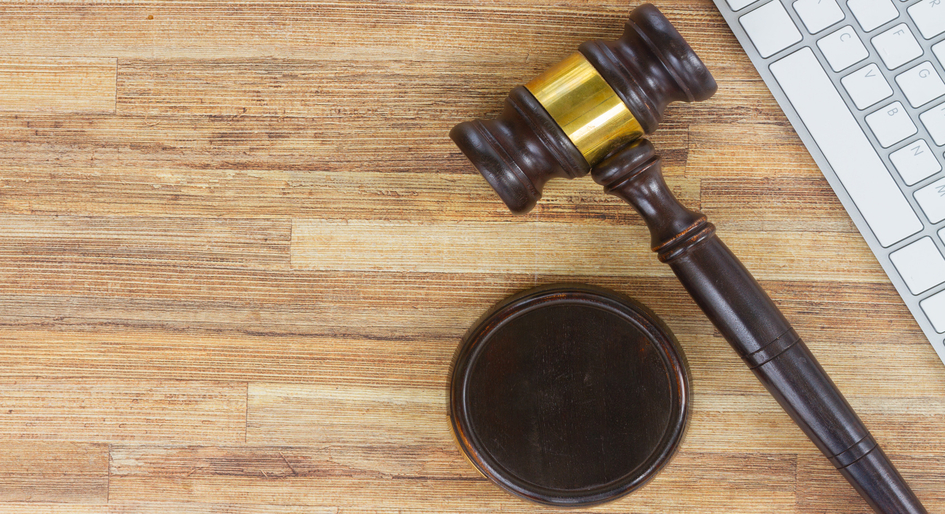On October 1st 2020, the Condominium Authority Tribunal of Ontario (the CAT) expanded its jurisdiction to include disputes about pets, vehicles, parking, and storage (“PVPS”) issues, including whether a condominium can charge back a unit owner for such PVPS issues. Previously, the CAT could only hear disputes regarding condominium records requests and record-keeping.
This expansion of the CAT’s jurisdiction into PVPS issues should be noted by condominium corporation boards and managers alike, since this will drastically affect how a condominium should consider enforcing against PVPS issues post-October 1st 2020.
Condominiums are now no longer permitted to enforce against PVPS issues in the Ontario Superior Court of Justice – all PVPS enforcement disputes must be brought to the online CAT portal instead, whether by the condominium corporation trying to enforce against a unit owner (e.g. a unit owner who allows his pet to defecate all over the common elements) or by a unit owner against their condominium corporation (e.g. a unit owner who wants to park his Sea-Doo in a parking space but the condo’s rules do not permit him to do so).
To date, the CAT has only very rarely awarded legal costs to a successful party; Rule 46.1 of the CAT’s Rules of Practice explicitly stipulates that legal costs are not to be awarded “unless there are exceptional reasons”. This is vastly different from the “usual” rules for cost recovery in the Superior Court; the Superior Court has repeatedly held that legal costs should normally be awarded to the successful litigant, and has even held that in condominium litigation, the other “innocent” owners of a non-profit condominium corporation should not be forced to bear the legal costs of having to enforce against a violating unit owner.
Yet at the CAT, even if a condominium corporation is successful in its defence against a unit owner’s improper request for records, the CAT has refused to award the condominium with any of its legal costs. The CAT has also refused to award legal costs for a unit owner who was successful in the CAT Stage 3 Adjudication and proved that they were entitled to the condominium’s records after all.
So now, condominiums must think very carefully about the pros/cons and risks/benefits to enforcing against a PVPS violation. Charging back the condominium’s $40 cleanup fee for cleaning up the owner’s pet defecation may ultimately result in the condominium having to spend many times that amount of money in legal fees, defending itself against a CAT Application that the unit owner brings to the online tribunal.
Many condominium boards and managers may ultimately choose to simply refrain from enforcing against any PVPS issues whatsoever, due to the costly risks involved. Without proper enforcement of the community’s declaration, rules, and bylaws though, “chaos will result” as the Superior Court once put it.
However, there are three exceptions listed under Section 1(3) of O. Reg. 179/17 (the “CAT Regulation”) made under the Condominium Act, 1998, S.O. 1998, c. 19 (the “Act”). Namely:
1. If the PVPS dispute involves a Section 98 Agreement (i.e. a written agreement regarding an owner’s modification of the common elements), the dispute would still go to private mediation/arbitration under Section 132 of the Act.
2. If the PVPS dispute involves an Electric Vehicle Charging System Agreement (i.e. a written agreement under Section 24.6 of the General Regulation to the Act), the dispute would still go to private mediation/arbitration under Section 24.7 of the General Regulation.
3. If the PVPS dispute involves Section 117 of the Act, the dispute would still go to the Ontario Superior Court of Justice under Section 134 of the Act.
This third exception will likely become very important to condominiums, as they try to look for an “escape hatch” that will allow the PVPS enforcement dispute to stay outside of the CAT’s jurisdiction (where legal costs are very unlikely to be awarded) and remain in the Superior Court instead (where there’s the possibility of 100 per cent legal costs being awarded to the condominium).
For example, if a unit owner has a barking pet dog that is causing a nuisance to others which is in violation of the condominium’s declaration, bylaws, or rules, then the condominium will likely have to bring an online Application to the CAT to enforce against same. However, if that barking dog also poses a likely threat of personal injury to others, like biting individuals on the common elements, then the condominium could argue that the PVPS dispute is outside of the CAT’s jurisdiction since Section 117 of the Act is triggered as well.
Of course, all of this could be solved if the CAT decides in a PVPS dispute that the indemnity clauses in a condominium’s declaration can constitute an “exceptional reason” to award legal costs to a condominium corporation who is entirely successful in enforcing against a unit owner’s PVPS violation. All of this could be proactively solved by the Condominium Authority of Ontario (the CAO), if the CAO’s board of directors amended the CAT’s restrictive Rules of Practice to state that legal costs should normally be awarded to the successful party – whether it be a successful condominium corporation or a successful unit owner.
Either way though, something must be done, before condominium communities across Ontario descend into condo “chaos” due to boards and managers refraining from enforcing any of their condominium’s governing documents in PVPS cases.
Victor Yee is a condominium lawyer and litigator at Elia Associates, a law firm that specializes in condominium law. Victor has successfully represented clients at all levels of court in Ontario, in various tribunals throughout the province (including the CAT), and in condominium-related mediations and arbitrations. He can be reached via email at vyee@elia.org.





